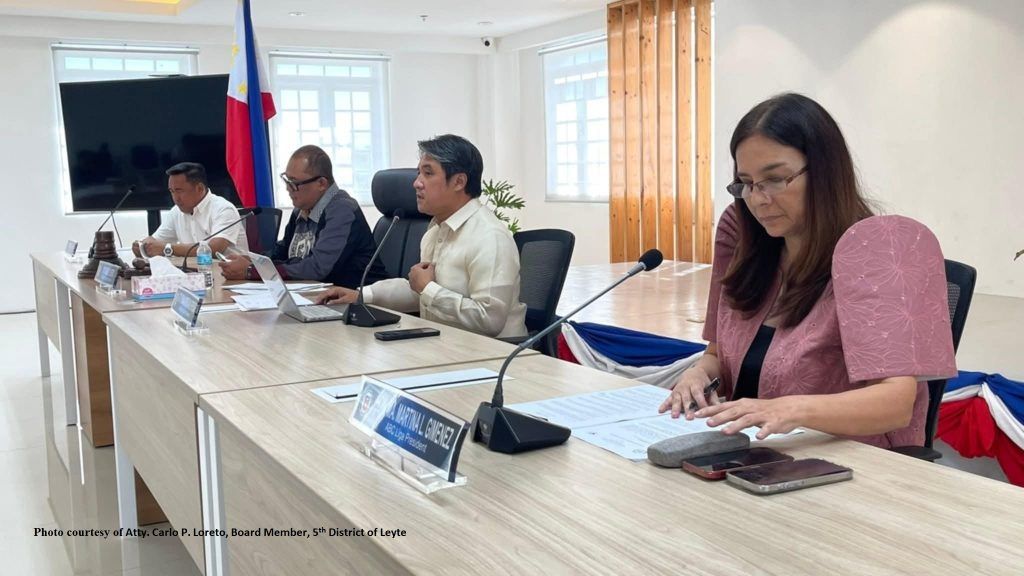In a bold move to shore up its environmental defenses, the provincial board of Leyte has passed the “Leyte Endemic Tree Restoration Ordinance of 2025”, mandating the exclusive planting of endemic tree species in all reforestation and greening activities across the province.
The ordinance, championed by the board’s Committee on Environment and introduced by Board Member Ronnan Christian M. Reposar, committee chairman, comes amid mounting concern over the province’s degraded forest resources and fragile ecosystems.
“By prioritizing endemic species, those naturally occurring only in the Philippines and particularly suited to Leyte’s ecological zones, the ordinance will safeguard local ecosystems from the harmful effects of invasive and exotic species,” Reposar said.
The measure passed its third and final reading during the board’s 15th regular session and awaits full adoption.
Once adopted, it is expected to set a new standard for reforestation and ecological restoration in Leyte, placing ecological integrity over speed and convenience.
According to recent data, natural forest in Leyte is estimated at about 11 % of its land area as of 2020.
This figure reflects the province’s vulnerability: fragmented old-growth and secondary forests interspersed with plantations and other land uses.
The regional landscape profile for Eastern Visayas reports that the region’s total forest cover stood at just over 500,000 hectares which is a small fraction of its land area.
Experts say the ordinance aligns directly with national and global imperatives. Forests capture carbon, regulate water cycles, mitigate floods and protect biodiversity especially in a nation designated among the world’s biodiversity “hotspots”.
By specifically mandating endemic species, the legislation recognises that these trees are better adapted to local soil and climate conditions, enhance wildlife habitat, maintain ecological functions and reduce risk of invasive species proliferating.
The ordinance also embeds the principle of intergenerational responsibility: ensuring that future generations inherit a healthy, balanced environment.
Local government officials say the policy will support climate-resilience efforts, restore degraded landscapes, and empower community participation in greening programs.
Implementation will require cooperation across government agencies, non-government organizations and local communities, from seedling supply and species selection, to monitoring and maintenance of planted areas.
As the board noted, success will hinge not just on numbers planted, but on survival rates, ecological fit and long-term stewardship.
“This is not about planting trees as a box-ticking exercise. It’s about restoring ecosystems, reviving natural habitats and protecting Leyte’s unique biodiversity,” Reposar noted.
With implementation underway, little more than symbolism remains, the real test will be in sustaining and scaling up efforts on the ground.
Photo Courtesy: PIA
#WeTakeAStand #OpinYon #OpinYonNews
